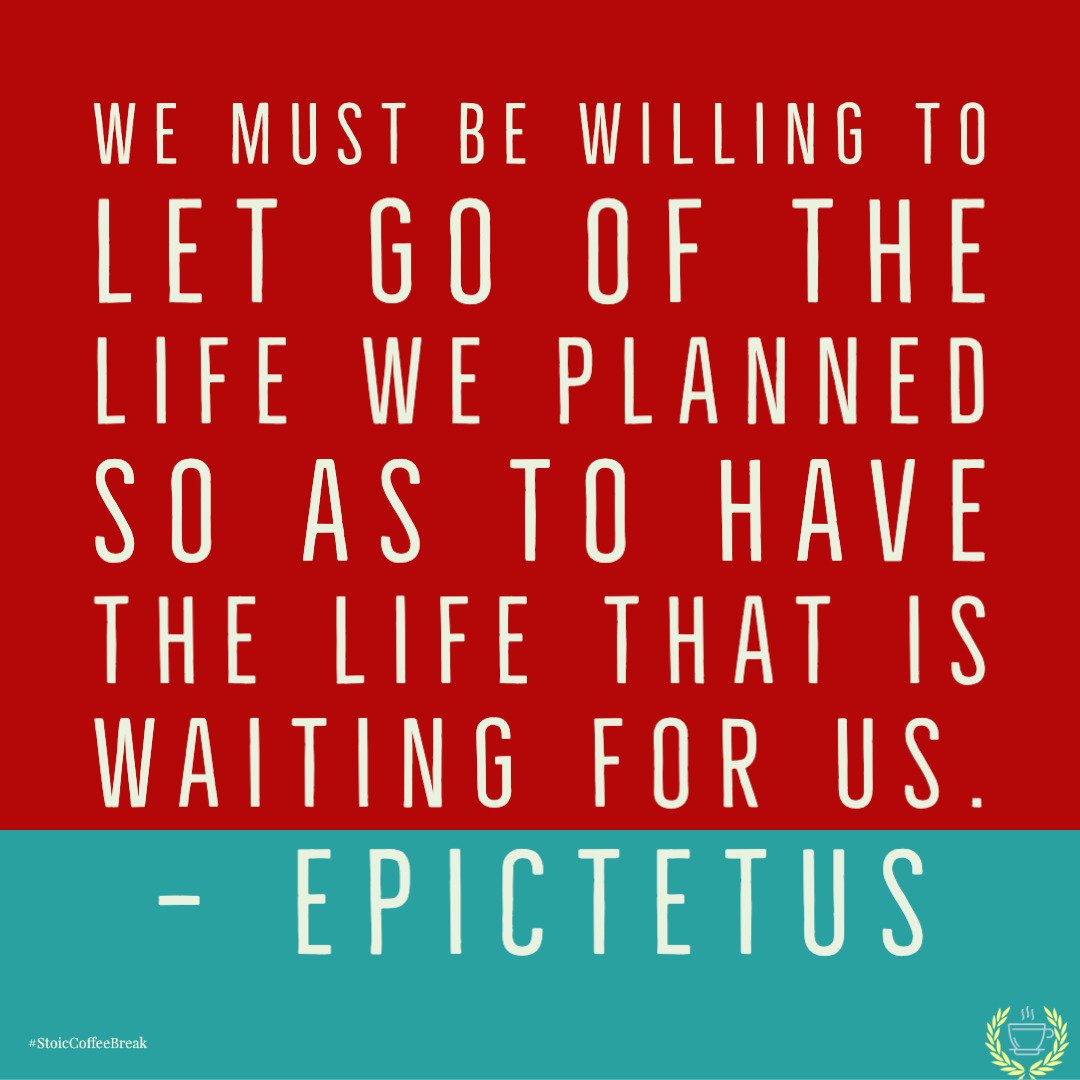Category: Circumstances
-

250 – When Life Has Other Plans
“We must be willing to let go of the life we planned so as to have the life that is waiting for us.” — Epictetus. When life throws you curveballs, how do you handle them? Do you freak out? Do you roll with it? Do you look at it as an opportunity or a disaster?…
-
144 – Emotional Management
When was the last time that you felt a really strong emotion? What was that emotion? Gratitude? Joy? Anger? Jealousy? Emotions are a powerful force in our lives. When channeled properly, they can be the fuel that helps push us through to accomplishing what we want. They can also drive us in ways that we…
-
140 – Circumstances Don’t Make The Man
“Circumstances don’t make the man, they only reveal him to himself.” – Epictetus How do we deal with difficulties? Do we see them as challenges or opportunities? As something that is to be suffered through, or something that teaches us who we are? In today’s episode, we’re going to talk about difficult circumstances and…
-
132 – Anything Can Happen
“How ridiculous and unrealistic is the man who is astonished at anything that happens in life.” ― Marcus Aurelius, Meditations Book 12 Show Notes: – How often do we think that something in life shouldn’t happen to us?– As if we are somehow immune to the things that happen to anyone else in life.–…
-
130 – Suffering Before It’s Time
“He suffers more than necessary, who suffers before it is necessary.” ― Seneca Show Notes: How often have you stressed over something or worried yourself sick, only to have the scenario you were so worried about never happen? When you worry about something, and you let your imagination run with something, then you suffer…
-
128 – Good Luck, Bad Luck, Who Knows?
“Man is affected, not by events, but by the view he takes of them.” — Epictetus Show Notes: • Human beings are creatures that love good stories. Stories are the things that we use to make sense of the things in the world.• Myths, such as the Greek and Roman or even Norse…
-
123 – A Different Person
“If you really want to escape the things that harass you, what you’re needing is not to be in a different place but to be a different person.” ― Seneca Show Notes: • How often do we wish the world would change for us? • How often do we think that we can run from…